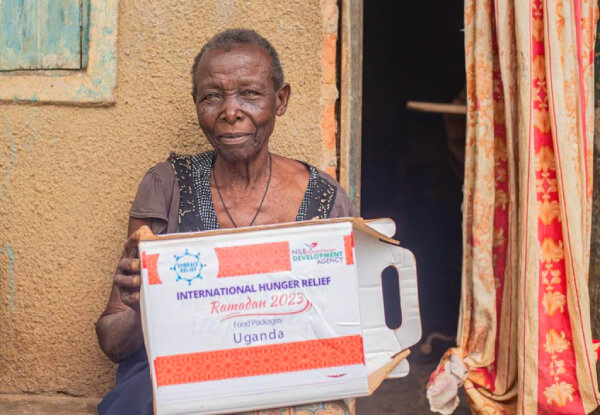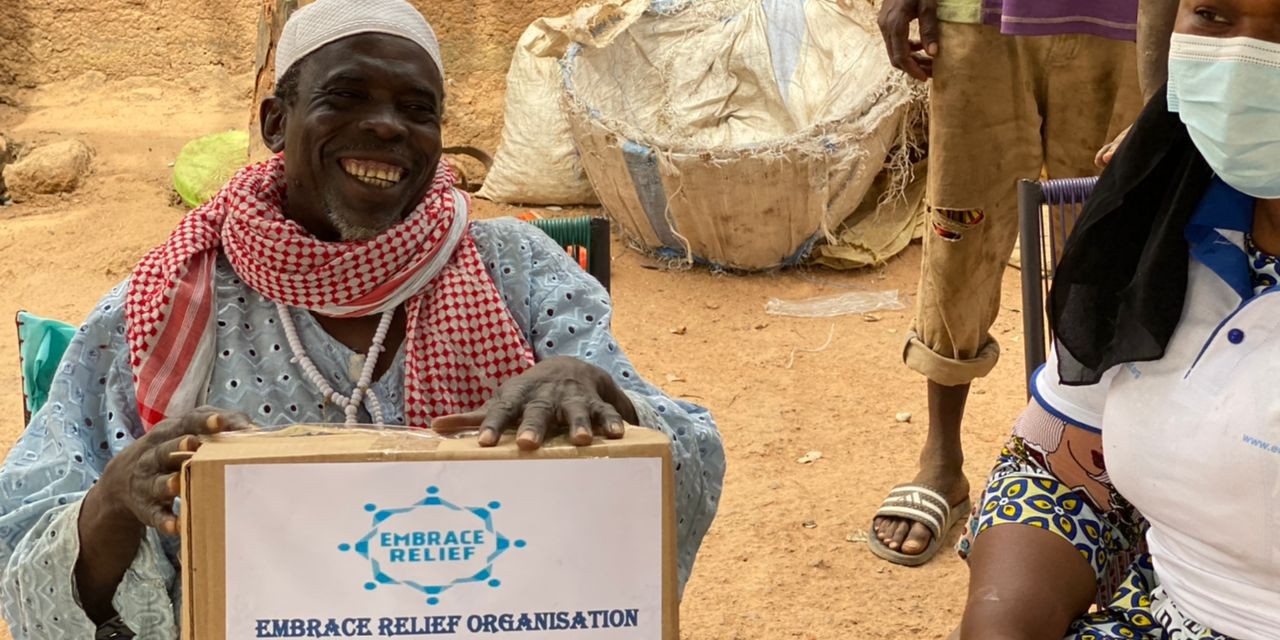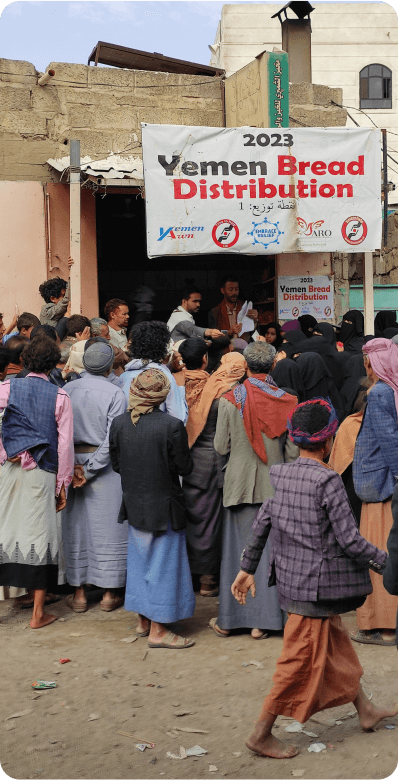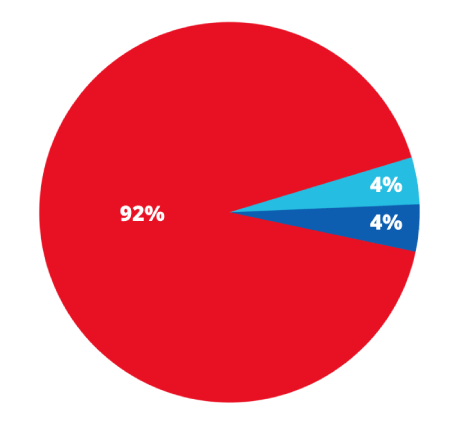Summary
- Our bodies can continue to operate after long periods of not eating, though at a diminished capacity. But for how long?
- Learn about our body’s response to severe hunger, including how our organs cope with a lack of fuel to maintain their function – at least temporarily.
- Then, learn how you can help thousands in conflict-stricken Yemen avoid the suffering of starvation by providing them with nutritious food.
The human body is resilient, but when it comes to a lack of food, even it has its limits.
We of course need a steady supply of calories from the food we eat in order to function. And our bodies are self-regulating, if we listen to them. When we go long stretches of time without eating, our stomach alerts us with a grumble, and our brain signals that we are hungry.
But what happens when we ignore those signals? And how long can we go without food before causing serious damage?
You can suffer serious health issues if you go too long without eating (or if you consume a less-than-adequate amount of food over a long-enough period of time), up to and including death. The time frame for these health issues varies based on your age, sex, body mass, water intake, and your environment. It’s believed that the average healthy person can survive approximately three weeks without eating, with more or less time depending on the above factors.
What happens when I don’t eat for a long time?
When you don’t eat for long periods of time, your body is not getting the energy it needs to keep your organs functioning properly. Normally, your body converts the food you eat into glucose, which provides energy. Once you’ve gone without eating long enough, your body begins looking for other sources it can burn:
- After eight hours or so without eating, your body will begin to break down the glucose stored in your liver and muscles (glycogen) to fuel organ function.
- After your body has used up all of its glycogen – usually 24 hours after the process begins – it will begin to use the fat stored in your body for energy. This is when health issues can begin to get really serious, including significant and dangerous weight loss, decreased brain function, and dizziness and fatigue.
- It may take days or weeks to burn through all of the fat stored in your body, depending on your body’s composition. But once your body has used up all of the fat, its only remaining source of fuel is muscle. This last stage of starvation sees muscles beginning to wither, causing grave and potentially irreversible damage to your heart (which is, of course, a muscle) and organs.
Starvation is a terrible ailment, breaking our regular organ functions and destroying our bodies from within. Obviously, going days or weeks without eating will cause starvation. But many around the world also suffer from long-term starvation, as they consume enough calories to survive, but not enough to keep the body functioning properly.
Especially in poorer and less-developed countries, millions of people – especially children – are dangerously underweight because they are undernourished. A calorie deficit can add up over months and years, leading to chronic health problems and shorter life spans.
In a world where we have more than enough food for every person on Earth, there is no reason for anyone to ever have to face this grim situation. Indeed, we all have a responsibility to ensure that our neighbors have enough to eat.
Help Embrace Relief provide food to people in need!
That spirit, and that commitment to easing hunger wherever it exists on the planet is one of the foundations of our work here at Embrace Relief. Hunger Relief is one of our flagship programs, and over the past decade we have shown our dedication by providing foot to vulnerable communities in more than 40 countries.
Right now, we are focused on the country of Yemen, where a conflict ongoing since 2014 has forced many people to flee their homes, and created conditions ripe for famine. As a result, nearly half of the country’s population of 33 million is undernourished and at risk for the long-term starvation we discussed earlier in this article.
To help the people of Yemen, Embrace Relief is providing food packages to families in need. These food packages will provide up to two weeks’ worth of nutritious, healthy food for a family of six. They will go a long way towards reversing the worst effects of long-term hunger.
But we need the generous support of people like you to make this happen!

Donate to our Ramadan 2024 campaign by using the field below and help us bring much-needed staple foods like pasta, beans, rice, lentils, and more to those in need. Every dollar makes a difference, and a gift of just $50 will help one more family go to bed on a full stomach.
Donate to Embrace Relief today and let’s work together to ease world hunger!



















